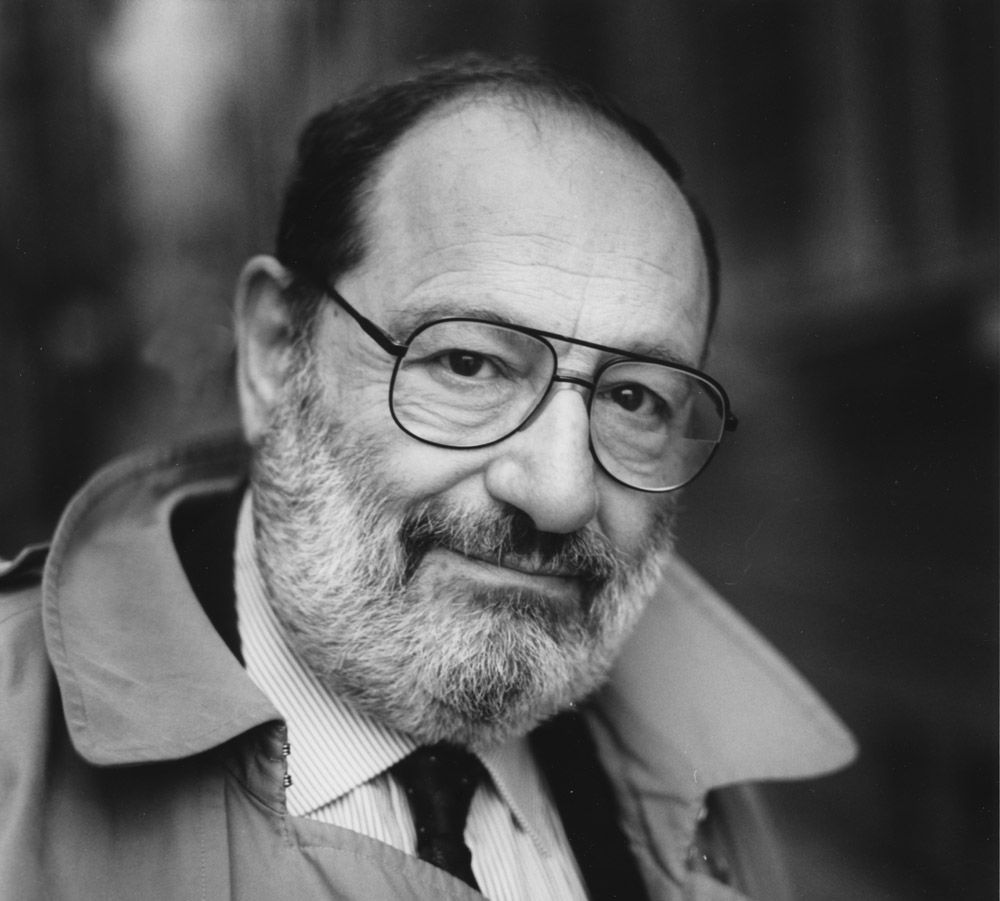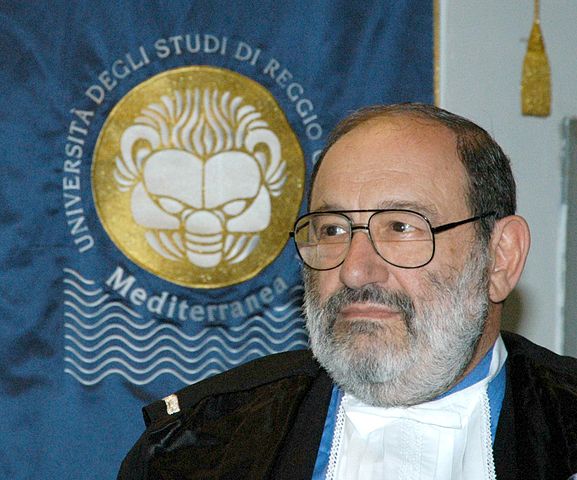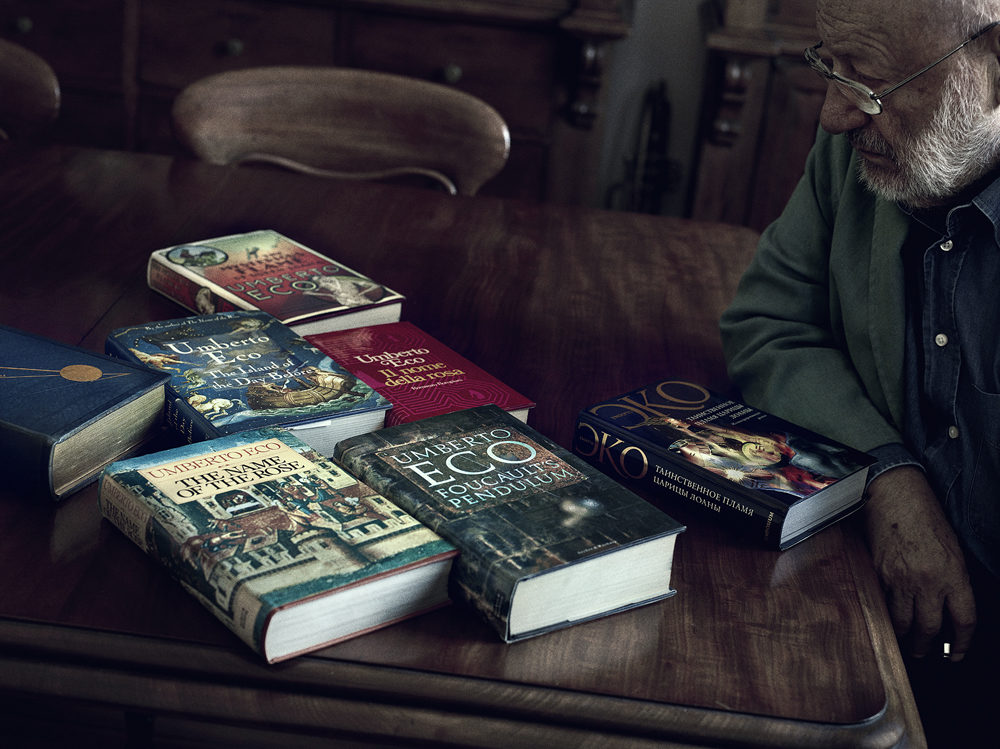


495 – 429 BCE), the Greeks did not dwell on aesthetic thought and lacked a theory of beauty. We might also say that, at least until the age of Pericles (c. In the very early culture of ancient Greece, beauty had no autonomous existence. Part 3: The Beauty of reason and romantic beauty Part 2: Beauty from the Middle Ages to the Renaissance Up next, let’s explore the major contents of this book in four parts. Instead, he walks us through a wide range of philosophical ideas and artworks, showing us what has been regarded as beautiful throughout the millennia, thus presenting a vivid account of the Western history of beauty. In this book, Eco chooses to shun arguments based on a single aesthetic theory. During his lifetime, he wrote over 140 books covering diverse subjects. The Cambridge History of Italian Literature acclaimed him the leading Italian author of the second half of the 20th century. This book was written by Umberto Eco, an internationally renowned authority on semiotic linguistics, philosopher, historian, and aesthetician. So, what does beauty mean exactly? The book that we’re are unlocking today will give you the answer. A consistent ideal of beauty can endure over a long period. When we look back in history, we can see that different kinds of beauty may coexist in the same era. An object regarded as beautiful in one culture may be considered unattractive in another. The concept of female beauty, lauded in ancient Greek poems, might have been regarded as vulgar at the time, but it was seized upon and materialized by painters and sculptors centuries later.

Painters and sculptors may define one type of beauty, while authors and poets embrace another. Every individual characterizes beauty in their own way. The idea of beauty varies in different eras and from one culture to another. But the definition of beauty keeps changing. We have explored aesthetics since ancient Greece, trying to define beauty. Humans have sought beauty since the dawn of civilization. What do you think of when you hear the word ’beauty’? Engravings on the walls of ancient caves, or today’s fantastically intricate electronic devices? Awe-inspiring natural wonders or classic works of art? Colorful insects or the infinite starry sky? Magnificent cathedral sculptures or oil paintings sold for record prices at auction? Leonardo DiCaprio in the movie Titanic or a poster of Marilyn Monroe?


 0 kommentar(er)
0 kommentar(er)
